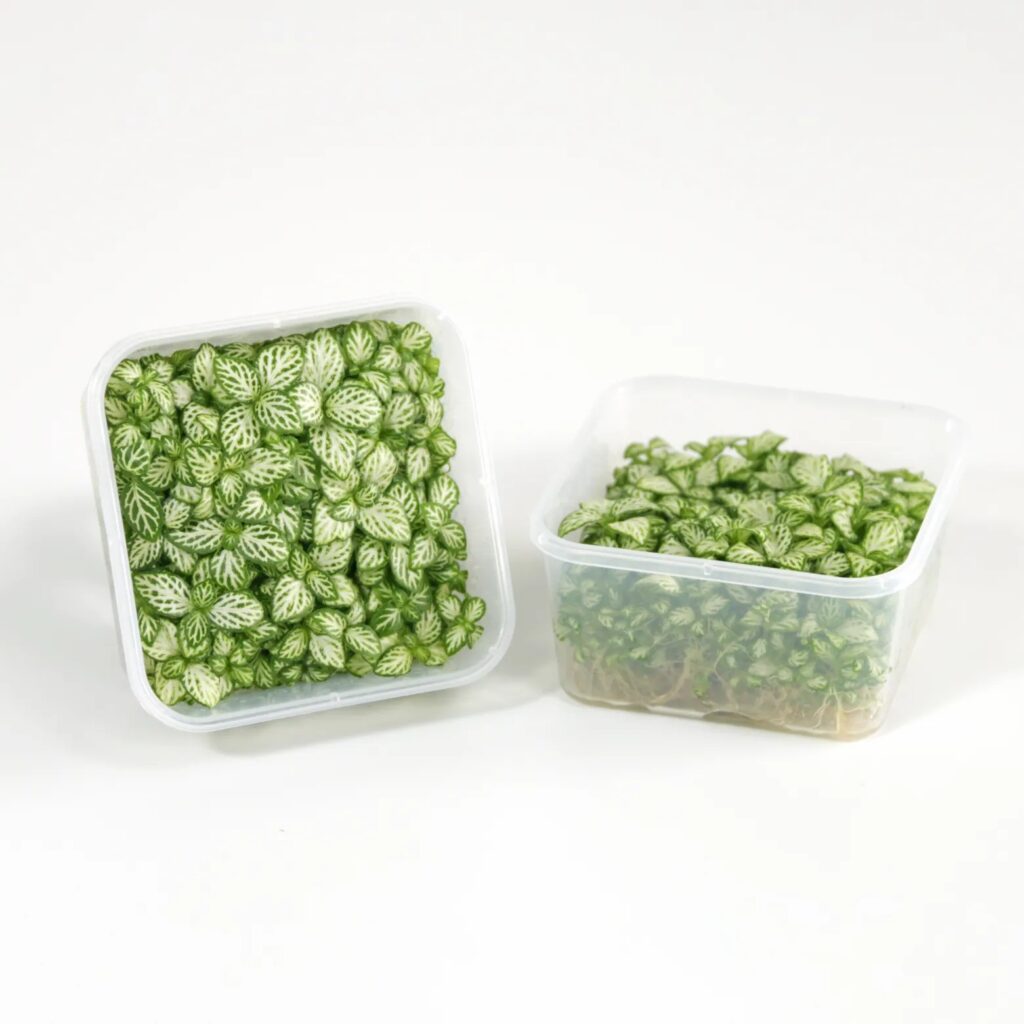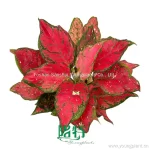Tissue culture plants have gained popularity among gardeners due to their numerous advantages and benefits. One of the primary advantages of tissue culture plants is their superior quality and consistency. When plants are produced through tissue culture, they are free from diseases, pests, and other contaminants that can negatively impact their growth and overall health. This means that gardeners can be confident that the plants they are getting are healthy and robust, giving them a head start in their gardens.
Rapid Growth and High Survival Rate
Another significant advantage of tissue culture plants is their ability to grow rapidly and produce a large number of plants in a short amount of time. This is especially beneficial for gardeners who are looking to propagate a large number of plants or who want to create a uniform and cohesive garden design. Tissue culture plants also have a higher survival rate compared to traditional methods of propagation, ensuring that gardeners have a better chance of success with their plants.
Adaptability to Different Growing Conditions
Tissue culture plants are also known for their adaptability to different growing conditions. They are more resilient to environmental stressors such as temperature fluctuations, poor soil quality, and limited sunlight. This means that gardeners can grow a wider variety of plants in their gardens, even if they are dealing with challenging growing conditions. Additionally, tissue culture plants for sale are often more resistant to diseases and pests, reducing the need for chemical pesticides and other treatments that can harm the environment.
Cost-Effectiveness of Tissue Culture Plants
One of the key benefits of tissue culture plants for gardeners is their cost-effectiveness. While tissue culture plants may have a higher upfront cost compared to traditional plants, they often provide a better value in the long run. Because tissue culture plants are disease-free and have a higher survival rate, gardeners are less likely to lose their investment due to plant diseases or plant failures. This can save gardeners time and money in the long run, as they will not have to replace plants or invest in costly treatments to keep their plants healthy.
Increased Plant Options for Gardeners
Tissue culture plants also offer a wider variety of plant options for gardeners to choose from. Because tissue culture plants are produced in a controlled environment, growers have the ability to produce plants that may not be readily available through traditional means. This allows gardeners to experiment with new and exotic plant species, creating unique and diverse gardens that stand out from the rest.
Conclusion
Overall, tissue culture plants offer numerous benefits and advantages for gardeners looking to enhance their gardens. From superior quality and consistency to rapid growth and adaptability, tissue culture plants provide gardeners with a reliable and cost-effective option for their gardening needs. Whether you are looking to propagate a large number of plants, grow plants in challenging conditions, or experiment with new and unique plant species, tissue culture plants can help you achieve your gardening goals with ease and success.

 Aglaonema Tissue Culture: Ensuring Disease-Free Plant Production
Aglaonema Tissue Culture: Ensuring Disease-Free Plant Production